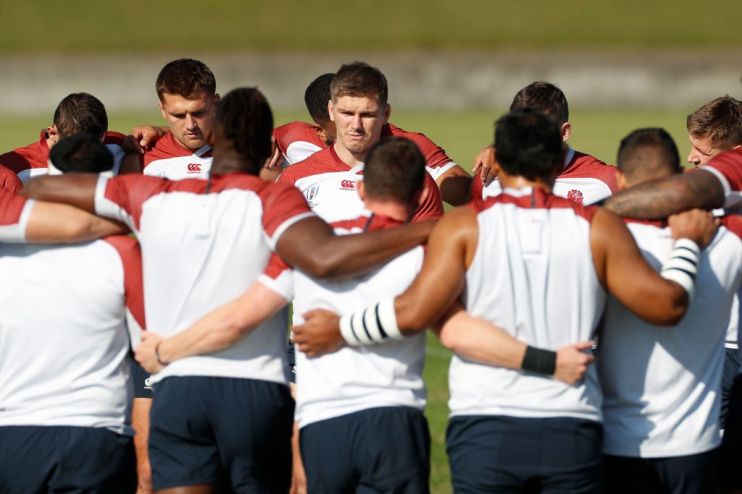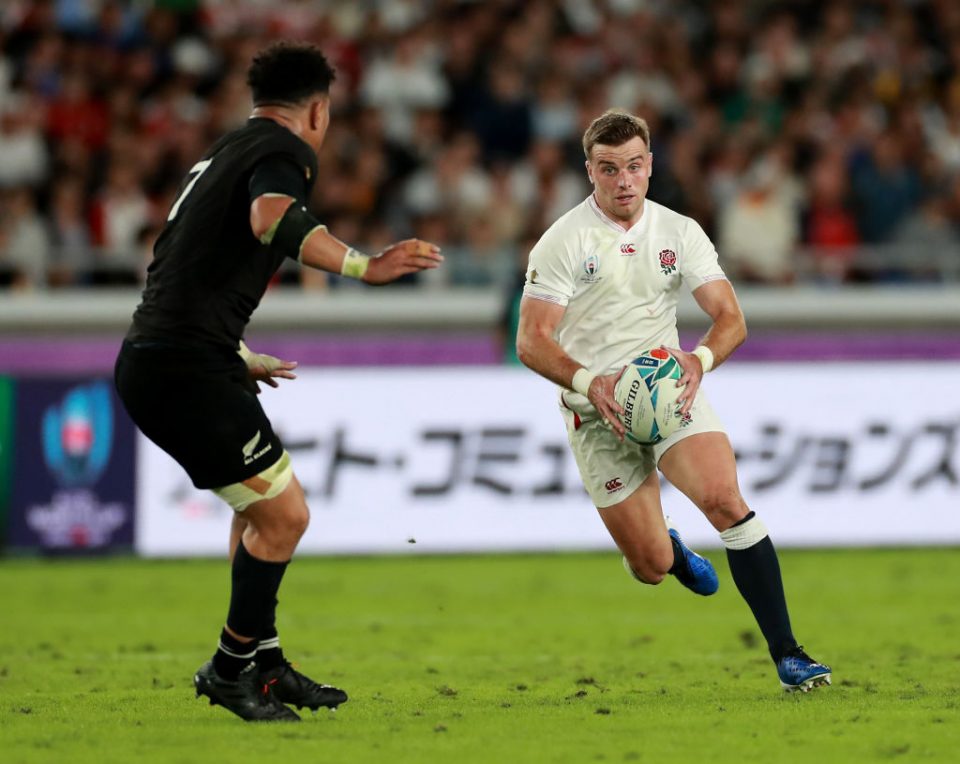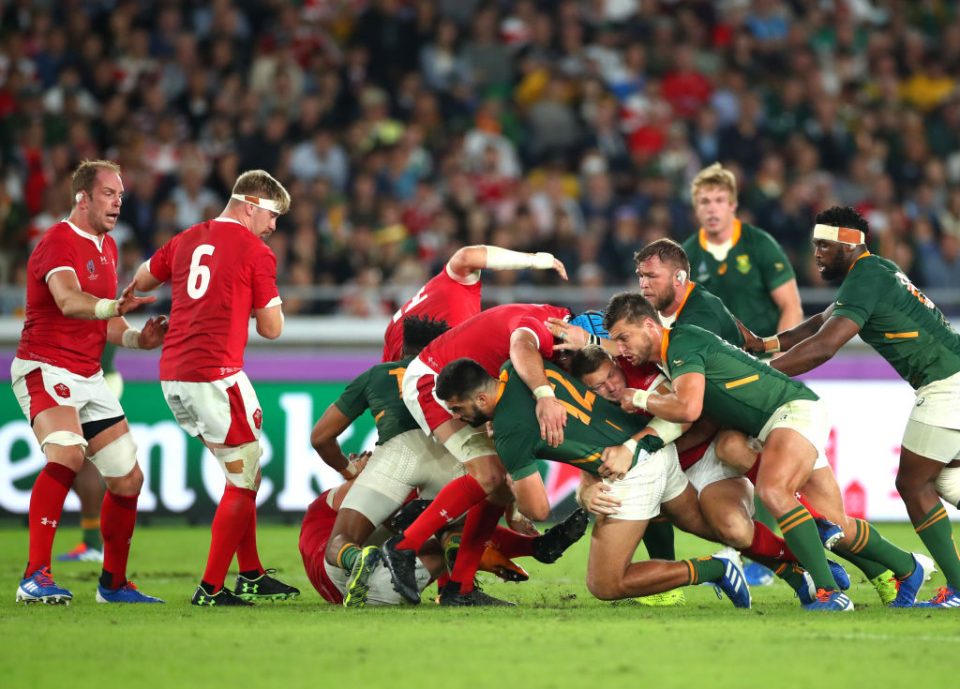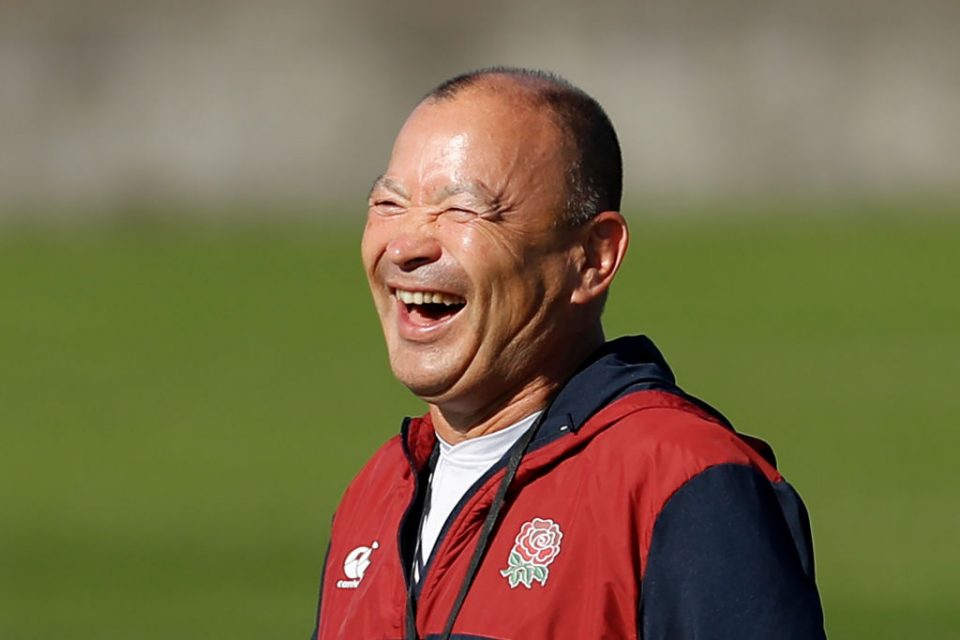England v South Africa: Rugby World Cup final victory can top the achievement of 2003

It’s the eve of the Rugby World Cup final and I could hardly be more confident.
England come into their clash with South Africa on the back of a near-perfect performance in the semi-final, while their opponents did the bare minimum to reach the showpiece in Japan.
England were sensational in beating New Zealand 19-7 last weekend.
Read more: What we can learn from the previous meetings of England and South Africa
Keeping the All Blacks scoreless is unheard of and, but for an overthrow by Jamie George at the line-out, that’s what they would have done. All facets of their game were on song and they controlled the game completely from start to finish.

A day later, South Africa’s narrow win over Wales couldn’t have been more of a contrast. The Springboks set out not to lose, to frustrate, to set up blockades and wear down the opposition.
It was an utterly dire spectacle only slightly redeemed by the close finale which saw them scrape through 19-16.
Brains v brawn
On paper and on form England should leave the Yokohama Stadium on Saturday having won by at least 10 points. Rassie Erasmus’ side haven’t impressed yet. They ground out wins over Japan and Wales. They haven’t had to chase a game, or show much creativity.
The return from injury of Cheslin Kolbe gives them some much-needed spark. The winger has magic in his boots and England will certainly have to be wary of him.
But really England know what they will be faced by. The Springboks have four forwards over 115kg and 2m tall; they will attack the breakdown with force, get in the faces of their opponents and try to slow the game down.
Scrum-half Faf de Klerk will box-kick often and England’s back line of Elliot Daly, Anthony Watson and Jonny May will be busy securing high kicks.
England can match South Africa’s physical approach, but in some ways it will be brains against brawn, because I don’t think the Springboks have faced a side as inventive and multi-faceted as Eddie Jones’ team.

I thought Jones might have brought in Henry Slade at centre to combat South Africa’s big ball-carriers like Damian de Allende, but they played so well against the All Blacks that no-one, especially George Ford who put in an all-time great performance, deserved to be dropped.
South Africa will have to alter their tactics and go up another level to stand a chance, because England are better than Wales, who were devoid of ideas.
England have a whole arsenal to attack with: their forwards are confident enough to offload or dummy and they’re inventive with the ball, as well as having the physicality to match them.
Hats off to Jones
England have peaked at the perfect time and I’ve got to take my hat off to Jones. Around 18 months ago I doubted the direction, but he was planning for this moment.
Players like Chris Robshaw and James Haskell couldn’t play this style we’re seeing, so Jones blooded the likes of Sam Underhill and Tom Curry, who are firing on all cylinders now.
I was also critical of the move to bring in John Mitchell as defence coach, but the turnaround has been remarkable. The grand plan seems to have come together.

Quite simply, if England continue their momentum, be brave, assert their game plan and avoid getting dragged into an arm wrestle then they will win and cap an achievement which out-strips the famous vintage of 2003.
Back then England were favourites and wobbled against Wales in the quarter-final.
This time they’ve done it the hard way, taking on all the southern hemisphere sides and beating the best team in the world. Victory over South Africa would be a fitting end to a memorable tournament.
Former England Sevens captain Ollie Phillips is a director within the real estate & construction team at PwC and founder of Optimist Performance. Follow Ollie on Twitter and on LinkedIn
Main image credit: Getty Images